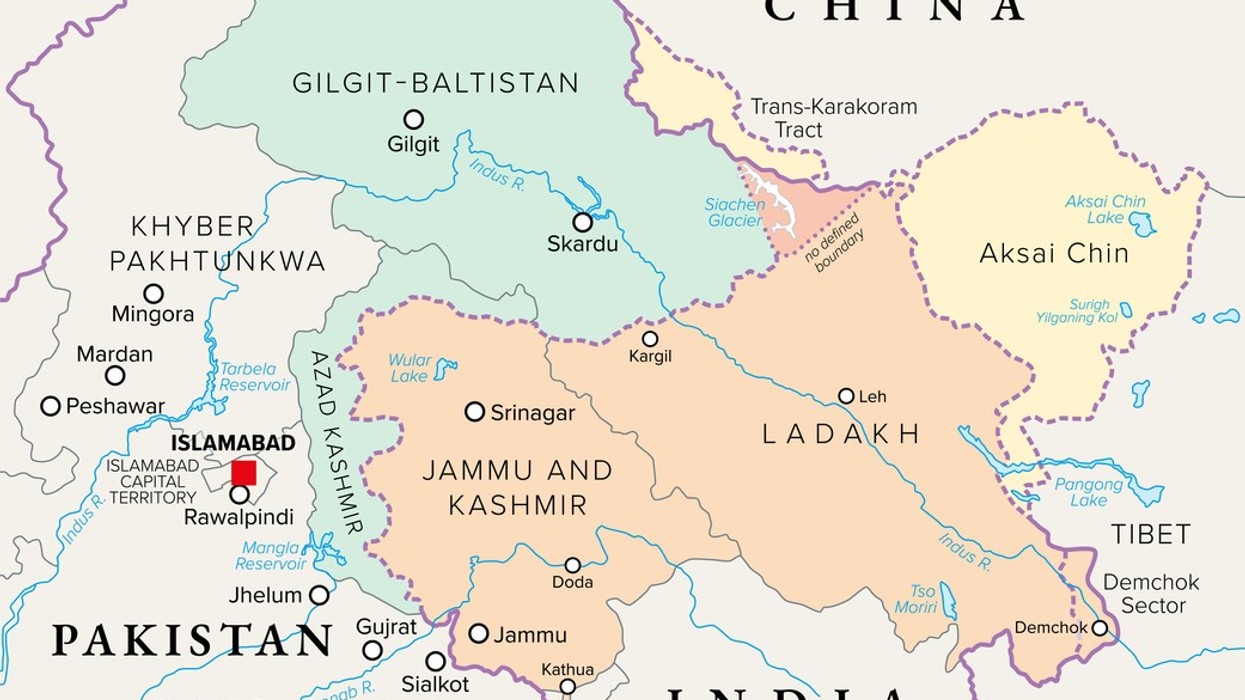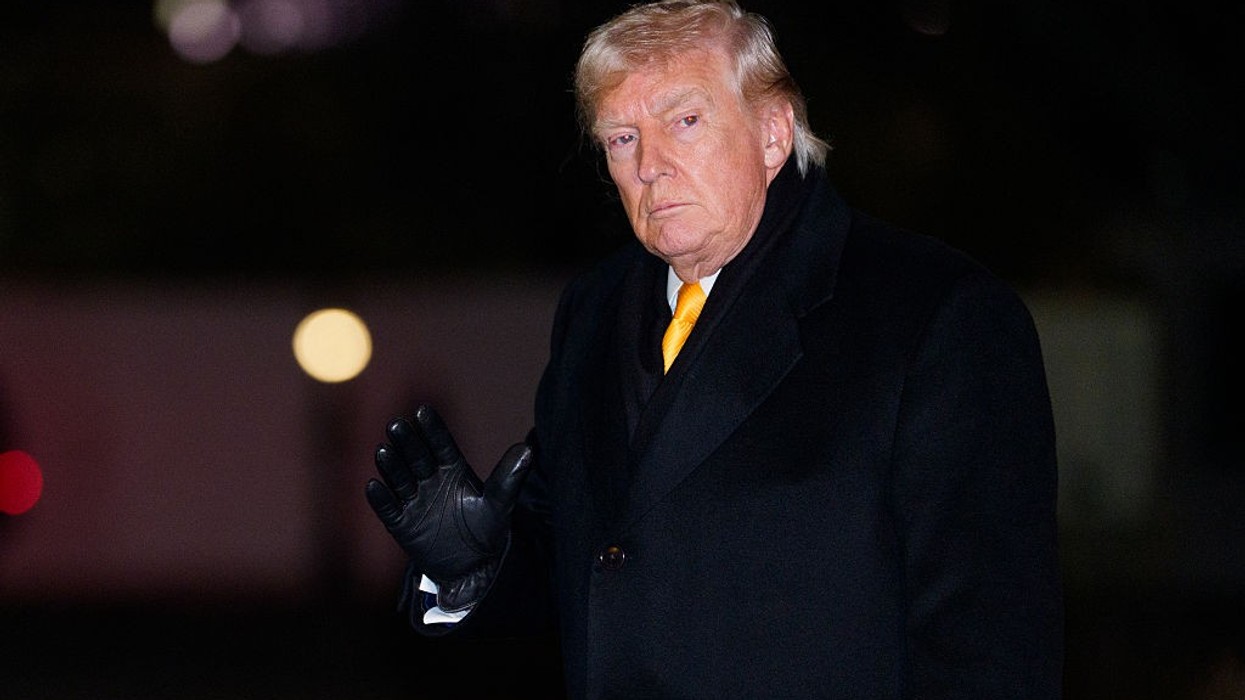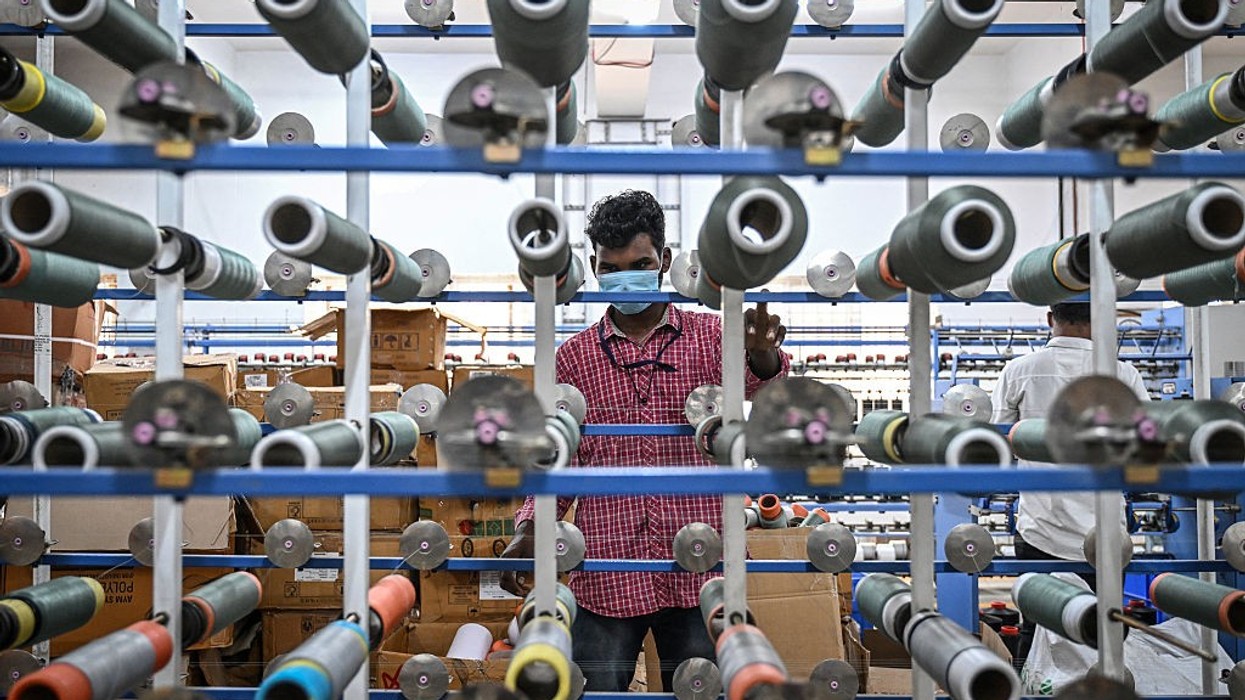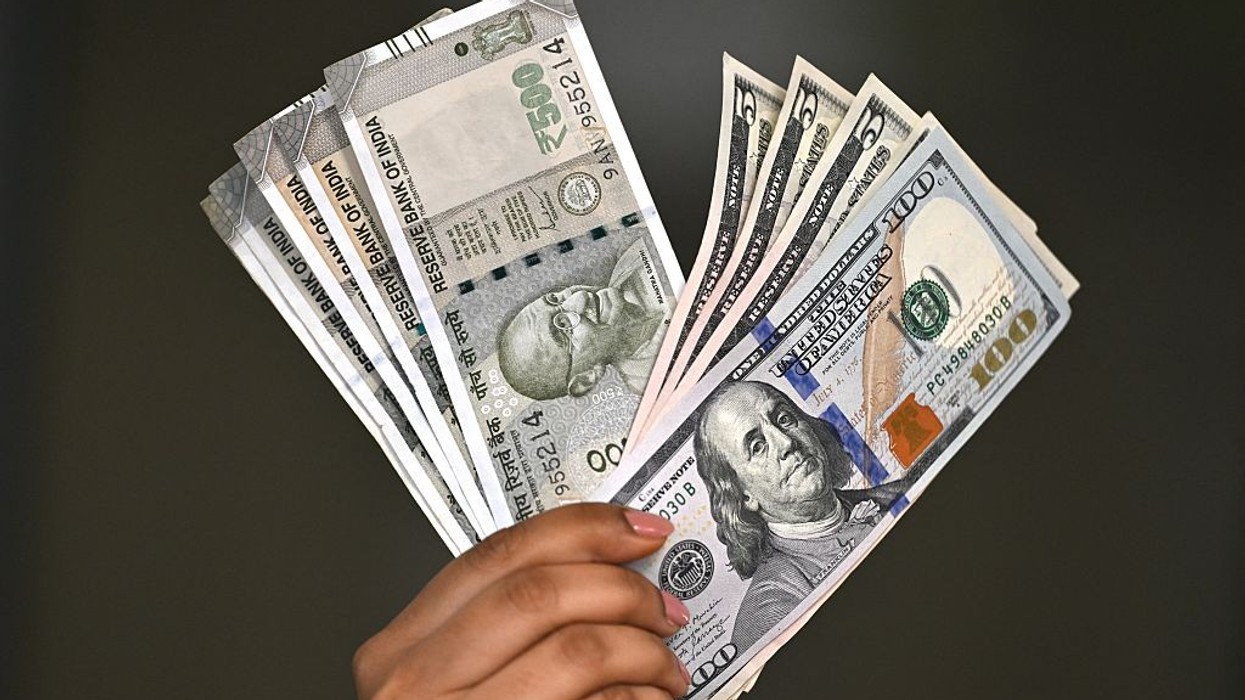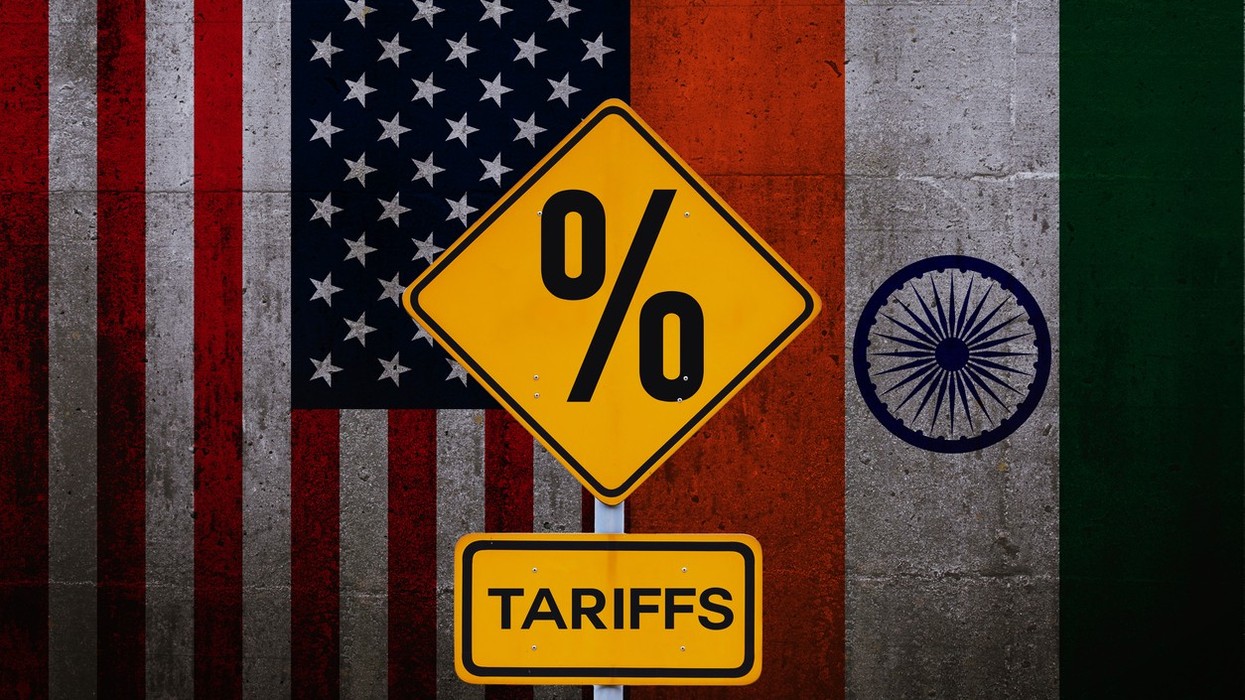Highlights:
- Trump imposes 100 per cent tariffs on all branded and patented drug imports from October 1.
- India exported $8.7 billion worth of pharmaceuticals to the US in FY24, making it highly vulnerable.
- Indian drugmakers supply over 45 per cent of generics used by American consumers.
- Concerns grow over drug price hikes, shortages, and inflation in the US market.
- Trump also announced tariffs on kitchen cabinets, furniture, and heavy trucks in latest trade push.
In a major escalation of his trade agenda, US President Donald Trump has announced a 100% tariff on all branded and patented pharmaceutical products entering the United States from October 1, 2025. The move is aimed at encouraging pharmaceutical companies to establish manufacturing facilities in the country and boosting domestic production.
“Starting October 1, 2025, we will be imposing a 100 per cent tariff on any branded or patented pharmaceutical product, unless a company is building its pharmaceutical manufacturing plant in America,” Trump declared in a post on Truth Social. He clarified that “is building” would mean breaking ground or being under active construction.
Broader tariff blitz across sectors
This fresh measure is part of Trump’s wider tariff offensive. Alongside pharmaceutical products, the US president announced a 50 per cent duty on imports of kitchen cabinets and bathroom vanities, a 30% duty on upholstered furniture, and a 25 per cent tariff on heavy trucks. Trump justified these steps by citing “national security and other reasons,” underscoring his belief that tariffs are critical to reduce the US budget deficit and bring manufacturing back to American soil.
Potential fallout for India’s pharma industry
India, the world’s largest supplier of generic medicines, could face significant repercussions from these tariffs. The US is India’s largest market for pharmaceutical goods, accounting for 31 per cent of total pharma exports in FY24. Of India’s $27.9 billion worth of pharma exports that year, $8.7 billion went to the US, according to the Pharmaceuticals Export Promotion Council of India (Pharmexcil). In just the first half of 2025, India exported $3.7 billion worth of pharmaceutical products to America.
Although the tariffs currently apply only to branded and patented drugs—a segment dominated by multinational corporations—uncertainty remains over whether complex generics and specialty drugs will also fall under scrutiny. Major Indian firms such as Dr. Reddy’s Laboratories, Aurobindo Pharma, Sun Pharma, Zydus Lifesciences, and Gland Pharma earn 30–50% of their total revenues from the US market.
Concerns for US consumers and prices
Indian drugmakers supply over 45 per cent of the generic medicines and 15% of biosimilars used in the US. Higher tariffs could lead to drug price hikes, potential shortages, and increased healthcare costs for American consumers. Indian pharma companies, which operate on tight margins in the US generics market, may find it difficult to absorb these costs and could pass them on to buyers and insurers.
Previous tariffs and trade tensions
This latest announcement comes after Trump imposed 50 per cent tariffs on Indian imports in August, including a 25% penalty on India’s continued purchase of Russian oil. Trade tensions between Washington and New Delhi have intensified, even as both governments engage in talks to finalize a bilateral trade deal.


